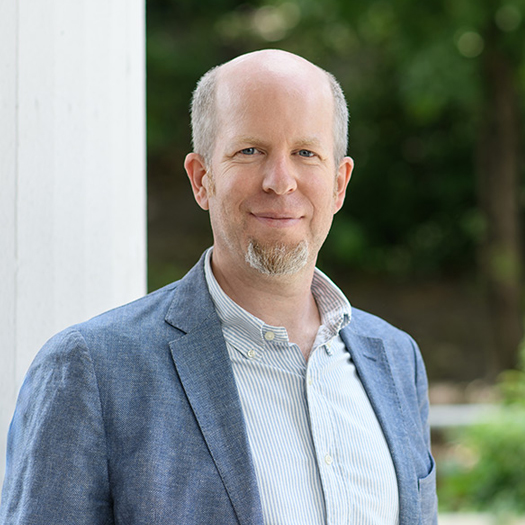
Is Our Income Too Risky to Have a(nother) Baby? Evidence from German Microdata
Research SeminareWe study how household income, female earnings potential and uninsured, idiosyncratic measures of risk affect women's fertility transitions. Using data from the German Socio-Economic Panel for the years 1984 to 2014 we estimate joint duration models for the first three fertility transitions, taking into account unobserved heterogeneity. We focus on the difference between cohorts, the first one born between 1960 and 1974, the second one between 1975 and 1989. For the older cohort we do not find any significant effects on the transition to the first child. For the younger cohort however, female wage risk leads to significantly longer time to the first child. For the transition to the second child, women from the older cohort with higher income opportunities tend to have shorter spacing between the first and the second child. For the younger cohort, we do not find such a significant effect for the younger cohort; however, for these women, the riskiness of the male income significantly reduces the probability of having a second child.
Personen

Kontakt
Anfahrt
- Raum Gremienzimmer

